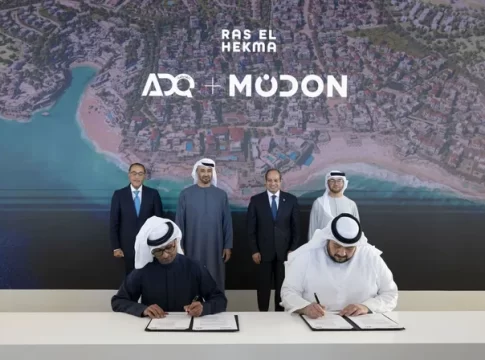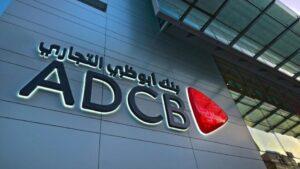Egypt is gearing up to launch a series of ambitious public-private partnerships (PPPs), with 11 tenders worth over $1.2 billion poised to invigorate the nation’s infrastructure landscape. These initiatives, focusing primarily on water and wastewater treatment, represent a significant shift in the Egyptian government’s strategy to bolster private sector involvement in a historically public sector-driven economy.
According to Atter Hannoura, Director of the PPP Central Unit at the Egyptian Finance Ministry, these upcoming agreements are valued at approximately EGP 62 billion ($1.26 billion). This marks a substantial escalation from the previous year’s PPP investments, which totaled less than EGP 20 billion ($402 million).
The expansion of PPPs coincides with Egypt’s broader economic reforms, including the anticipated announcement of a new national privatization program. This comes in the wake of an $8 billion agreement with the International Monetary Fund (IMF), which has driven Egypt to implement austerity measures to mitigate its debt, currently at 89% of GDP. Hannoura emphasized the importance of showcasing reform progress to both the IMF and global markets, stating, “Egypt needs to demonstrate real progress in economic reform.”
Monica Malik, Chief Economist at Abu Dhabi Commercial Bank, highlighted the dual necessity of fiscal reform and infrastructure development, saying, “Upgrading infrastructure is crucial not just for domestic growth, but also for attracting foreign direct investments.”
The first wave of tenders includes a sludge treatment facility for the Abu Rawash wastewater plant, valued at EGP 6.5 billion, and an industrial wastewater treatment plant in Sadat City at EGP 8 billion. Noteworthy is the planned water desalination plant in Ain el Sokhna on the Red Sea coast, projected at EGP 18 billion.
Further, plans to potentially privatize the management of Egypt’s airports could open new avenues for foreign investment. While the Marsa Alam airport remains the sole privately managed facility under EMAK Marsa Alam, feasibility studies for other airports are underway.
Recent years have seen significant foreign direct investment (FDI) predominantly from the Gulf, with standout deals such as a $35 billion partnership with the Emirati ADQ for Ras El Hekma development. However, the Egyptian finance ministry notes increasing interest from European, North American, and East Asian firms, which could bring enhanced expertise in service quality.
Hannoura added, “The role of PPPs is crucial in infrastructure projects. Our focus is on enhancing understanding and cooperation among ministries and authorities to elevate public services.”
As Egypt endeavors to attract a record $30 billion in FDI this fiscal year, these initiatives underscore a pivotal moment in the nation’s economic restructuring. By leveraging global expertise and capital, Egypt aims not only to modernize its infrastructure but also to secure a more sustainable and diversified economic future.





